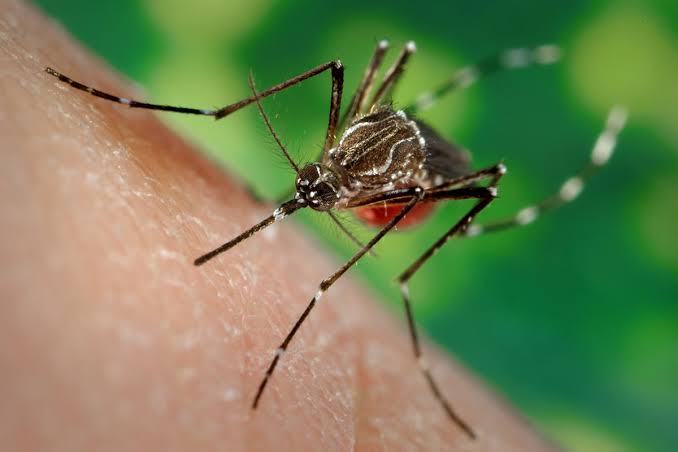As dengue cases continue to rise globally, Pakistan is at risk of a potential outbreak in several key cities this October.
The Pakistan Meteorological Department (PMD) has issued a warning that up to 10 major cities may face a dengue outbreak next month, urging stakeholders to take “preemptive measures.”
Dengue, transmitted by infected mosquitoes, currently has no specific cure or vaccine, and severe cases can be fatal. Common symptoms include high fever, headache, muscle and joint pain, and nausea, usually lasting about a week.
The PMD reports that conditions have been conducive to dengue transmission since mid-September, with an outbreak anticipated in October, particularly in the following cities: Karachi, Lahore, Peshawar, Rawalpindi, Islamabad, Hyderabad, Faisalabad, Sialkot, Larkana, and Multan.
The PMD has advised stakeholders to implement preventive measures and encouraged national health agencies to remain informed via its website.
Dengue outbreaks generally occur during the post-monsoon season, from September 20 to December 5, with peak mosquito activity occurring two hours after sunrise and two hours before sunset. Breeding typically ceases when temperatures drop below 16°C.
Dengue remains endemic in Pakistan, with continuous transmission and seasonal surges. In 2022, the country experienced a sharp increase in cases following mid-June flooding, reporting 79,007 confirmed cases and 149 deaths. In comparison, 2023 has seen 3,019 suspected cases and eight deaths.
On a global scale, dengue cases have surged, with the World Health Organization (WHO) reporting over 7 million cases in the Americas by April 2024, surpassing the previous year’s record of 4.6 million. Climate change has exacerbated the spread, making dengue a pressing public health concern worldwide.

